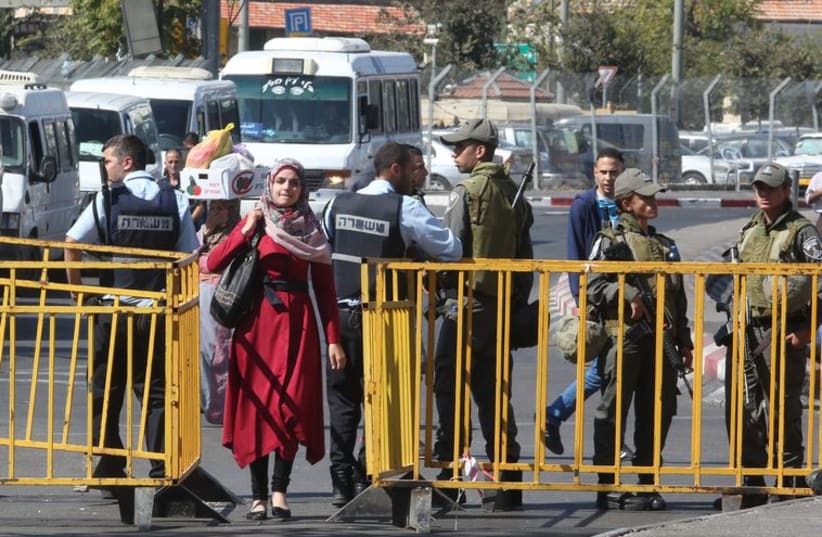See the latest opinion pieces on our page
Sau was helped – for lack of a better word – on his way to the top by the termination of deputy commissioner Asst.-Ch. Nissim Mor in February, due to a sexual harassment investigation.Mor’s termination was the latest in a series of scandals that saw over a half a dozen top police commanders resign or be terminated in less than two years, mainly due to sexual misconduct.His appointment to acting commissioner until the new commander is selected later this month was not without its critics, however little coverage they may have received. Late last month, the Joint List issued a statement calling for Sau to not be appointed acting commissioner due to his role in the killing of Arab Israelis during the October 2000 clashes. According to the party, appointing Sau would inflame the Arab sector and would “constitute an affront to the Arab public.”They added that the appointment would lead them to refuse to cooperate with police leaders and that local Arab community leaders across Israel would do the same.Whether or not someone believes that Sau’s conduct during the October 2000 riots should preclude him from being appointed the new commissioner later this month, it’s clear that such a record isn’t a deal breaker. The Israeli-Arab constituency that has protested the move is of little or no influence on the decision makers, and in light of the frequent rioting and “lone wolf” attacks in Jerusalem and elsewhere in the past couple of years, an image as a tough commander willing to use deadly force could help him in some circles.The appointment would show that a violent history with Arab Israelis and a feeling of distrust from leaders of 20 percent of the country he is to serve are not enough to preclude him from the post. It would indicate that the misuse of force against protesters is much more acceptable than sexual misconduct, and that while the organization is making headway and becoming more enlightened in terms of sexual harassment and the treatment of female employees, such progress has not been made with the Arab public. It could perpetuate the belief that they are seen as an enemy within.The irony is that Sau has arguably done a significant amount in the years since to win the trust of Arab Israelis, or at least their endorsement as a quality commander. As head of the Central District – a region that includes the Arab Triangle and mixed Arab-Jewish locales such as Lod and Ramle – he oversaw an outreach program in the district that appointed an adviser for Arab affairs, largely in an attempt to curb so-called “honor killings,” which have wreaked terror in Arab communities in his district and beyond. He also had success in bringing down the murder rate in the district, including in Arab communities.Still, it’s well known that a single riot, a single act of misconduct can define a policeman’s career and spark a cycle of violence that is often very difficult to contain.The next national police commissioner will have a colossal job ahead of him. In addition to fighting all sorts of crime, terrorist attacks and rioting, he (or someday, she) will have to repair an organization that is suffering from a very poor public image and reeling from one scandal after another, including the tragic suicide this week of Asst.-Ch. Efraim Bracha, the head of the National Fraud Squad and one of the most esteemed officers in the organization.The community that suffers the most from crime is the Arab sector, with a highly disproportionate homicide rate, and towns and villages awash in illegal firearms and organized crime. Any national police commissioner looking to battle crime in the communities where it is the most deadly will need the cooperation of that community, regardless of what they did in 2000.The writer covers crime, African migrants and security issues for The Jerusalem Post. His blog can be found at www.benjaminhartman.com
Eventually, in May 2010 he was appointed to head the Central District – Israel’s largest – and in May 2013 he took over as head of the Tel Aviv District, a marquee post and a solid stepping stone to national commissioner.
